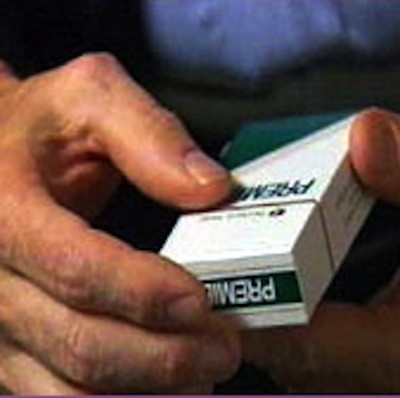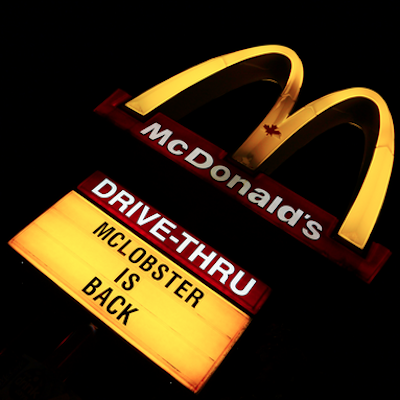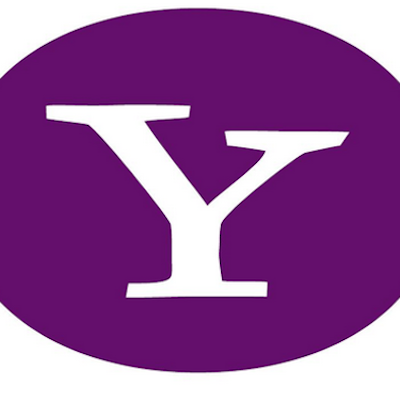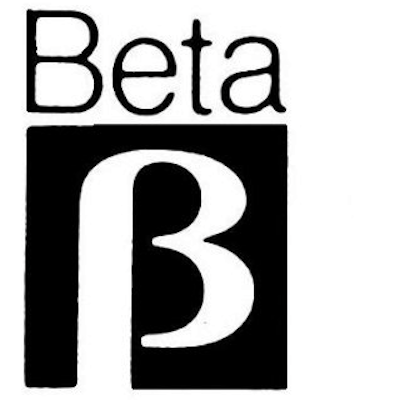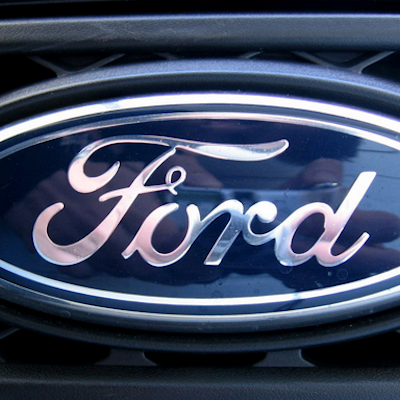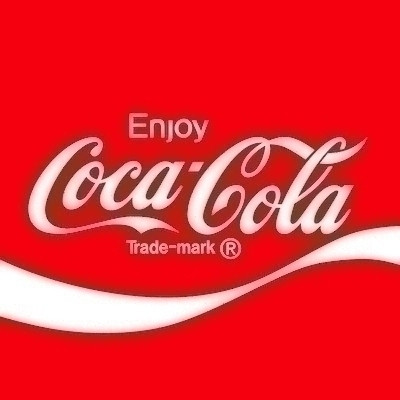MojoTech and Teespring Team Up for Exciting Tech Partnership
Monday, April 14, 2014
Two of Providence’s fastest growing technology companies, MojoTech and Teespring, have teamed up to bolster Teespring’s platform and help Teespring meet the demand of its rapidly-growing sales volume.
Teespring, founded by two Brown University students in 2011, is a rapidly growing e-commerce platform with offices in Providence and San Francisco. Teespring's goal is to make selling simple by removing the barriers that keep people from pursuing their ideas. Currently, the platform allows people to create and sell merchandise online without any upfront costs or risks. MojoTech builds web and mobile apps for big and soon-to-be-big companies.
The perfect partnership
The origins of the partnership date back to 2011 when Walker Williams, Co-founder and CEO of Teespring, and Nick Kishfy, founder and CEO of MojoTech, first met.
GET THE LATEST BREAKING NEWS HERE -- SIGN UP FOR GOLOCAL FREE DAILY EBLAST“I met Walker and Bill Cesare (COO) back in 2011 when Teespring was just starting out,” Kishfy told GoLocal. “We didn't work together at that time, but did consider sharing some office space. Both companies were growing and it looked like we'd outgrow that space if we shared it. I don't think either of us knew how right we were at that time.”
The two men continued to stay in touch in following years, and when it came time for Teespring to expand development, Williams called on Kishfy.
"We're excited to work with MojoTech not only because we're partners in the community, but also because of their strong reputation for delivering great products, and their ability to seamlessly integrate into an existing project," said Williams. "We set lofty goals for ourselves, and we're confident that with MojoTech's help, we can not only accomplish those goals, but continue to raise the bar. It's exciting to think about where this will take us."
A unique challenge
“We've partnered with Teespring to meet both short and long-term objectives. In the short-term we're helping to harden, and expand their platform. In the long-term we're passing along our processes and knowledge to their engineering team so they can continue to grow and thrive after our work is done," Kishfy told GoLocal.
“This type of partnership is not uncommon for us. We call it ‘team augmentation.’ That said, we've never worked with a client that has experienced (and continues to experience) such meteoric growth. Because of that growth, and the demands that come along with it, we've assembled one of our greatest teams to take on the challenge,” added Kishfy.
Teespring’s platform is already live and operational, making this one of MojoTech’s few projects that will not have a typical “launch” at the completion. The partnership is expected to last several months, during which the companies will make constant updates to the back-end and periodic enhancements to the user interface.
Related Slideshow: 10 Historically Bold Moves Made By Big Companies
Related Articles
- Teespring: 14 To Watch in Rhode Island in 2014
- NEW: Chafee to Host Small Business Forums
- NEW: Small Business Development Center Selects New Director
- Smart Benefits: RI Exchange Leads Way With Focus On Small Business
- Blue Cross’ ‘Lifestyle Blue’ Plan a Great Fit for Small Business
- NEW: Cicilline Launches Online Tool For Small Businesses
- RI Ranked 50th for Small Businesses
- Smart Shopper’s Guide To Small Business Saturday in Rhode Island
- Cicilline To Visit Hope Street Shops For Small Business Saturday
- NEW: Cicilline Praises “Small Business Saturday”
- RI Small Business Journal + Pat Paolino Cruz Join Forces
- EG’s Main Street Featured on MSNBC for Small Business Saturday
- NEW: Governor Chafee to Celebrate Expansion of Small Business in East Providence
- RI State Report: Help For Voters + RI Small Businesses
- Farmaesthetics’ CEO Brock Named Small Business Person of the Year
- NEW: Last Chance for Small Business Workshops
- Revenizer Coaches Small Businesses
- LEGAL MATTERS: Should You Incorporate Your Small Business?
- NEW: Reed Seeks Tax Breaks for Small Business Investment, Hiring
- Sec. of State Mollis to Speak at Ocean State Small Business Expo
- NEW: $13.1M in Federal Funding for Small Business Growth
- NEW: Reed: Promotes Free Web Help for RI Small Businesses
- Small Businesses Face More Regulation With Pet Tax
- MojoTech Unveils New Office Space in Downtown Providence
- NEW: Alex and Ani’s Rafaelian RI Small Businessperson of the Year
- NEW: Senator Reed Touts “Small Business Saturday”
- Small Businesses Win With New Healthcare Purchasing Option



